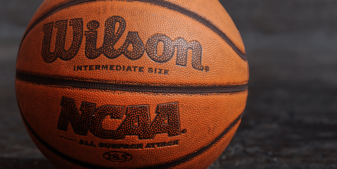The National Collegiate Athletics Association (NCAA) has released the findings of a survey on sports betting issues on college campuses revealing that 27% of schools had dealt with a sports betting breach or problem in the past year.
Only 23% of schools using a sports wagering integrity monitoring service
According to a press release issued by the NCAA, the survey included 546 campus compliance directors of of which 500 provided usable data for the report. The report reveals that the number of schools that had encountered sports wagering issues has significantly increased jumping from 3% in 2019 to 27% in 2023.
Survey highlights
-
NCAA Survey Reveals Significant Rise in Sports Betting Issues on School Campuses
- The survey found that in 2023, 100% of schools surveyed had provided gambling-related education to student-athletes, coaches and athletics administrators. In 2019, only 97% of schools had done so for student-athletes.
- 85% of schools with athletes competing in Division I contests provided education more than once per year while this dropped to 50% for Division II and 32% for Division III schools.
- 76% of schools survey agreed that all NCAA student-athletes should complete a gambling education module at least once during their college careers.
- Only 23% of schools use a sports wagering integrity service to monitor games/matches with 63% of respondents saying that they rely on conference monitoring.
- 53% of schools said that they were extremely or moderately concerned about sports wagering and gambling.
- NCAA by laws and penalties alongside sports wagering terminology were cited as the primary focus among schools’ gambling education needs.
“This survey is informative as we continue to develop e-learning and other educational resources related to sports wagering, which will be rolled out to the membership later this year.”
In June of this year, The NCAA published new guidelines for the reinstatement of players following sports betting breaches. The new guidelines were released following a series of sports betting related suspensions and charges brought against both current and former NCAA players. In the latest case, two Iowa State athletes, one current one former, are now facing felony charges as a result of an investigation into alleged sports betting breaches by students and coaching staff.


